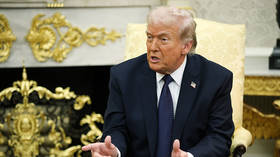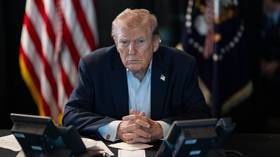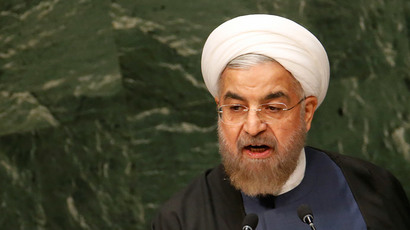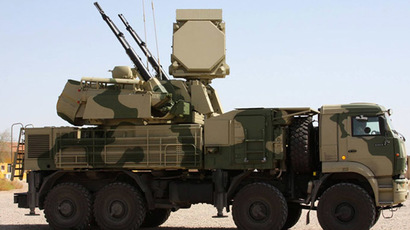ISIS grand plan: Bribe Putin for Iran’s nuclear secrets
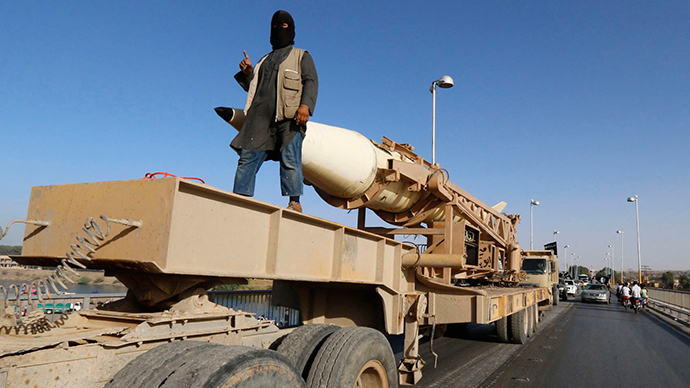
An alleged policy plan of the Islamic State outlines some chilling, if unrealistic, plots of the would-be terrorist state, including bribing Russia with access to oilfields in exchange for nuclear technology, and digging a canal across the UAE.
The document reported by Britain’s Sunday Times is believed to have been written by Abdullah Ahmed Meshedani, a member of the highly secretive six-man war cabinet of the terrorist group, which wants to build an Islamist state, or caliphate, in parts of Iraq and Syria.
It was captured by Iraqi special forces during a March raid on the home of a senior Islamic State (IS, formerly ISIS) member and confirmed as authentic by Western security officials.
The 70-point plan provides an insight into the grandiose, if somewhat far-fetched, strategy aimed at undermining Shiites in the Arab world and Iran as that branch of Islam’s powerhouse nation.
One of the goals listed in the documents is to offer Russia access to oilfields in Iraq’s Anbar province in exchange for Moscow severing ties with Tehran and sharing secret nuclear technology known to Iran with the IS.
The bribe is also meant to convince the Russian government to stop supporting Syrian President Bashar Assad and ally with Sunni states of the Arab Gulf in their confrontation with Iran and Syria.

A security source familiar with the document told the newspaper, “Nothing shocks Western governments these days in relation to ISIS and its fanatical aspirations.
“We’ve known and feared for some time that they want to obtain chemical and nuclear weapons… So when you place their future aspirations against their current achievements, this document which purports to be the group’s manifesto does stop and make you think.”
Another bizarre plan to undermine Iran’s powerbase involves building a canal across the United Arab Emirates “like the Panama Canal in America’s hands,” which would allow oil tankers travel to and from the Persian Gulf, bypassing the Iran-controlled Strait of Hormuz, the newspaper reports.
In addition to the Iranian nuclear program, the document suggests hitting its caviar industry “because it is a national treasure,” and urges to flood the carpet market with products of Afghan carpet makers to cripple their Iranian competitors.
The IS also envisions itself as a regional naval power, with bases built on islands bought from Yemen and the Comoros.
Domestically, the self-proclaimed state has a program of ethnic cleansing, eugenic programs, assassinations of defectors – including IS officials – and other brutal policies that would ensure a population united in purpose, according to the document.

The caliphate’s security for foreign forces would be provided by targeted hits on senior officials and officers in Iran and Iraq as well as attacks of any armed Shiite groups.
In the long run, the IS wants Sunnis from Pakistan and Syria to migrate to lands with mixed Sunni-Shiite populations, “marry early and have many children,” who would become the core of a future extermination campaign to wipe out Shiites in the Gulf.
The IS “are not focused on merely supporting themselves with ransom activities and oil theft, they know that in order to survive they have to generate income in legitimate ways,” Veryan Khan, director of Terrorism Research & Analysis Consortium, a US-based terrorism monitoring group, told the Sunday Times.
“I am convinced this was passed out among senior personnel of Islamic State,” she added. “To fully explain a 100-year plan is completely unique — they are proving that they are visionaries to the rest of the senior staff.”


